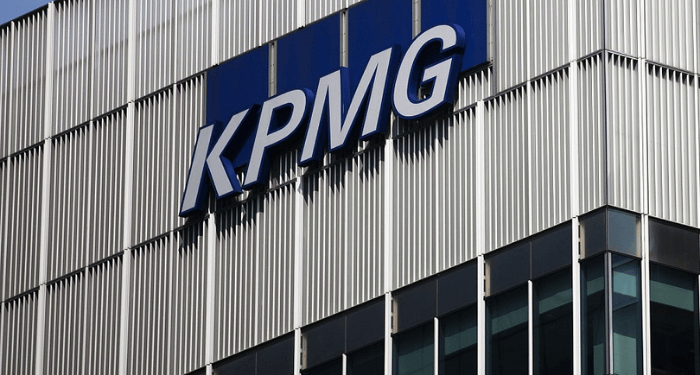KPMG, a professional services company, has said Nigeria needs to strike a balance between attracting foreign capital and promoting domestic development through policies that encourage foreign investment while also fostering a conducive environment for local businesses to thrive.
The firm said in its flashnotes released on January 4, 2024, that capital importation figures show a continuous quarterly decline suggesting persistent challenges to investor confidence in the Nigerian economy.
“While there is an urgent need to restore external investor confidence, Nigeria needs to strike a balance between attracting foreign capital and promoting domestic development (thereby reducing its reliance on foreign capital),” KPMG said.
KPMG attributed the drop in capital importation to Nigeria in the third quarter of 2023, after an initial rise in the second quarter of 2023, to continuing negative market sentiments on the country despite initial reforms being viewed positively.
“Recent persistent dominance of trade credits, loans, and related forms of short-term capital inflows with portfolio and especially foreign direct investment is a major concern,” it said.
It stated that Nigeria’s need for macroeconomic stability, the negative interest rate environment, the wide FX gap with low and declining forex reserves, and the need for greater clarity with respect to monetary and fiscal direction have dampened external sentiments.
KPMG said the exit of multinational companies like GlaxoSmithKline and Procter & Gamithbles (P&G) who have discontinued on-ground operations and adopted import and distributor-led business models have also dampened external sentiments.
“The fact that trade credit, loans, and related forms of capital inflows now overly dominate capital importation is a concern given their short-term nature,” it said.
“Portfolio investment which includes investments in financial assets such as stocks, bonds, and other securities has also been on a decline since Q1 2023 from $649.28 million to $87.11 million in Q3 2023 exposing the economy to risks of foreign exchange illiquidity and currency depreciation.
Also, pressure on consumer price inflation, reduced purchasing power, slower economic growth (3.75 percent target for 2024), lower job creation (especially from persistent reduction iFDI), and overall macroeconomic instability,” it said.
KPMG stated that it also makes the economy more vulnerable to global economic shocks which is especially concerning given the current global poly-crisis.
“Reduced foreign capital inflows limit access to much-needed external funding for infrastructure projects, technological advancements and other development initiatives without which the cost of doing business, and attractiveness of investment opportunities worsen and further hinder the country’s ability to compete globally.
“Despite the well-recognized potential of the Nigerian environment, investors are nevertheless reluctant to invest or remain in a country where they anticipate challenges related to infrastructure, logistics, connectivity, and operational efficiency,” KPMG stated.
KPMG said investors seek stability and predictability in the business environment, and the lack thereof hampers capital inflows.
It said there is an urgent need to reverse this trend and restore investors’ confidence in the Nigerian economy by intensifying ongoing efforts to create a stable and enabling macroeconomic environment and implementing consistent and investor-friendly policies.
It added that Nigeria can reverse the trend by improving infrastructure, strengthening the competitiveness of macroeconomic fundamentals, and eliminating structural and regulatory bottlenecks impeding the inflow and outflow of capital.
KPMG stated that restoring investors’ confidence in the Nigerian economy requires concerted efforts from
the Nigerian government and relevant stakeholders.











